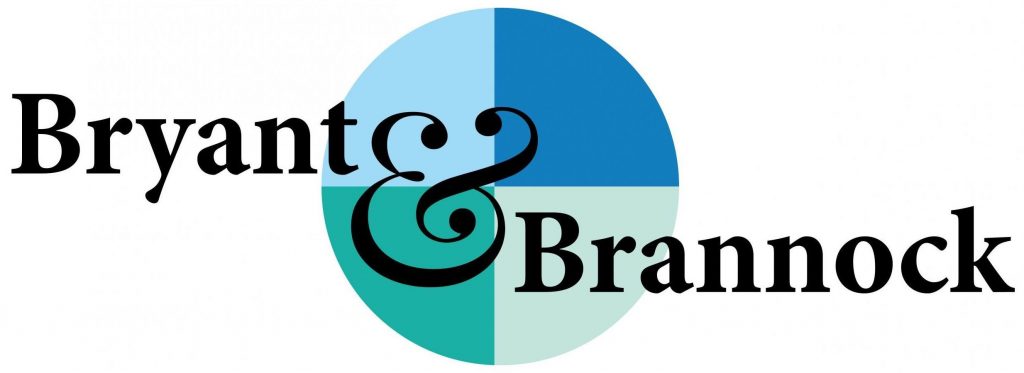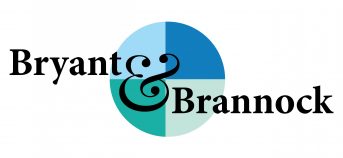Swimming Naked

Warren Buffet famously wrote in his 2001 Chairman’s letter to the Berkshire Hathaway investors that “you only find out who is swimming naked when the tide goes out.” This was right after many investors had gotten greedy and put too much of their portfolio into high flying growth stocks in the late 1990s, only to be hurt badly when the market crashed. It is hard to believe that was almost 20 years ago. Perhaps it is time to make sure we are wearing appropriate swim apparel…
Despite what seems to be an endless stream of political controversy, natural disasters and acts of terror, the stock market continues to push to new highs. This is made more puzzling when you consider that this growth is occurring in an economy where the Federal Reserve is raising interest rates. Typical Wall Street wisdom says you never fight the Fed. And yet, some analysts have already come out and projected even higher highs in 2018, citing increased business profitability due to a relaxed regulatory environment.
Year-to-date, through the end of the third quarter, the S&P 500 is up 14.24%, the EAFE index is up 20.47%, and the Aggregate Bond Index is up 3.14%. Small Cap stocks, as measured by the Russell 2000 index, are up 10.94%. Even the hedges that we like to use are doing well, with the Emerging Markets index up 28.14%, the SPDR gold ETF up 10.92% and the FTSE Real Estate index up 3.02%. The North American Natural Resources index was down (-4.45%), but even that could have been worse, because it gained 7.9% in the month of September. It looks like all the tides are rising!
Which is precisely why we are advising caution. We are happy to have the gains thus far this year, and we sincerely hope they continue well into the future. Even so, we advise maintaining a diversified approach to investing, keeping an eye on correlation. Now is not the time to engage in reckless optimism. Sure, it would have been great to have had 80% of our portfolios in Emerging Markets this year, but we remember this time two years ago, when Emerging Markets were down 15% year-to-date. Maybe it’s due to the fact that we were around in 1999, but we don’t think this is the right time to go skinny dipping.
*The index returns are drawn from Morningstar Advisor Workstation. Indexes are unmanaged and cannot be invested in directly by investors. MSCI EAFE NR USD-This Europe, Australasia, and Far East index is a market-capitalization-weighted index of 21 non-U.S., industrialized country indexes. S&P 500 TR USD – A market capitalization-weighted index composed of the 500 most widely held stocks whose assets and/or revenues are based in the US; it’s often used as a proxy for the stock market. TR (Total Return) indexes include daily reinvestment of dividends. Bloomberg US Agg Bond TR USD This index is composed of the BarCap Government/Credit Index, the Mortgage Backed Securities Index, and the Asset-Backed Securities Index. The returns we publish for the index are total returns, which includes the daily reinvestment of dividends. The constituents displayed for this index are from the following proxy: iShares Core US Aggregate Bond ETF. MSCI Emerging Markets IndexSM is a free float-adjusted market capitalization index that is designed to measure equity market performance in the global emerging markets. Russell 2000 – Consists of the smallest 2000 companies in the Russell 3000 Index, representing approximately 7% of the Russell 3000 total market capitalization. The returns we publish for the index are total returns, which include reinvestment of dividends. The MSCI Emerging Markets (EM) IndexSM is a free float-adjusted market capitalization index that is designed to measure equity market performance in the global emerging markets. As of May 2005 the MSCI Emerging Markets Index consisted of the following 26 emerging market country indices: Argentina, Brazil, Chile, China, Colombia, Czech Republic, Egypt, Hungary, India, Indonesia, Israel, Jordan, Korea, Malaysia, Mexico, Morocco, Pakistan, Peru, Philippines, Poland, Russia, South Africa, Taiwan, Thailand, Turkey and Venezuela.. The FTSE NAREIT Equity REITs Index is an index of publicly traded REITs that own commercial property. All tax-qualifies REITs with common shares traded on the NYSE, AMSE or NASDAQ National Market List will be eligible. Additionally, each company must be valued at more than $100MM USD at the date of the annual review. Equity REITs include Diversified, Health Care, Self Storage, Industrial/Office, Residential, Retail, Lodging/Resorts and Specialty. They do not include Hybrid REITs, Mortgage Home Financing or Mortgage Commercial Financing REITs. Bloomberg Sub Gold TR USD Description unavailable. Formerly known as Dow Jones-UBS Gold Subindex (DJUBSGC), the index is a commodity group sub-index of the Bloomberg CI composed of futures contracts on Gold. It reflects the return of underlying commodity futures price movements only and is quoted in USD.
